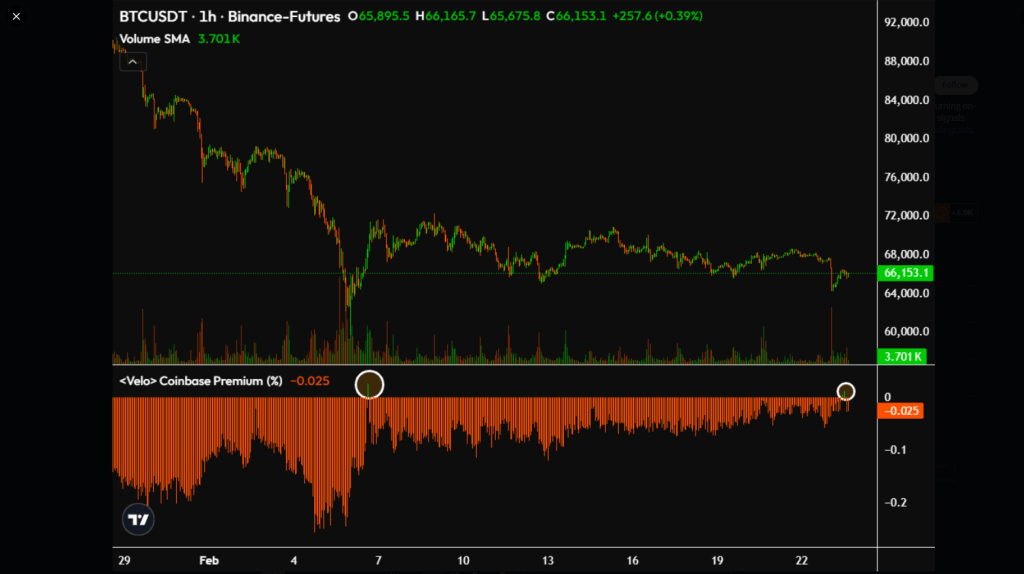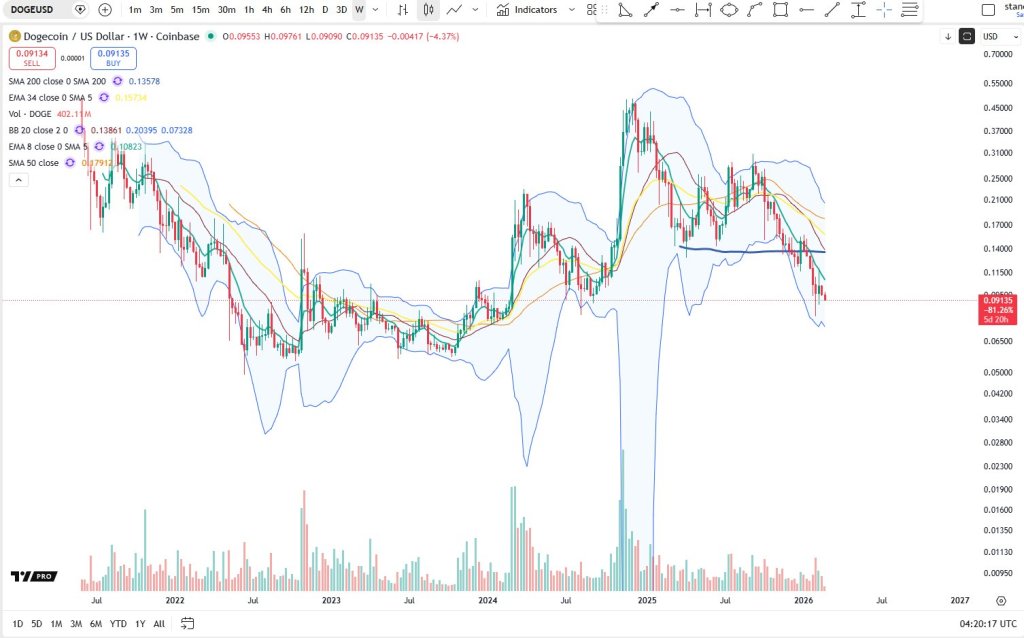
Smart contracts are nothing but certain computer codes built into a blockchain cryptocurrency network that computers and nodes execute. Once these codes are executed, the contracts are updated on a blockchain ledger. Implementing smart contracts has benefitted business collaborations, providing participants the guarantee that certain outcomes are produced only if specific requirements are met. This automated agreement process makes the settlements more reliable since it completes the role of the third party or human agent that could have created opportunities for human error and bias.
How do Smart Contracts work?
Let’s relate smart contracts that you may be better aware of in marketing terms. Automation is a term used in marketing, where certain tasks are executed once something is reached or triggered. For example, when somebody goes through your funnel in email marketing, certain laws exist where if a person enters your email, they receive email one. If they click on email one, they receive email two. What this refers to is IFTT – if this, then that logic. That is what smart contracts essentially are.
Benefits of Smart Contracts:
The benefits of smart contracts are,
- Security: The records of the transactions made on Blockchain are encrypted and immensely difficult to hack. Since the records are interconnected throughout the distributed ledger, a single alteration would change the entire chain.
- Trust: Smart contracts not only enable transactions to be executed automatically, but their records are also encrypted and shared across the network giving access and transparency to network nodes. As a result, the need to question the validity of the transactions does not arise.
- Economizes time and increases accuracy: Smart contracts can replace time-consuming paperwork with digitization and automation. Digitization and automation eliminate the chances of errors that are present when documents are filled out manually. Additionally, compared to the legalese that traditional contracts are written in, computer code is more precise.
- Savings: Smart contracts do the work that intermediaries would have done in a traditional setup, and as a consequence, brings down the operation cost. Along with the intermediaries, the fees charged by them for verifying and validated data are also eliminated.
Future of Smart Contracts:
Smart contracts are in many cases intrinsic to blockchain networks and are increasingly being adopted in areas such as supply chain management. As the finance sector is transforming digitization, the value of smart contracts will increase.
https://www.youtube.com/watch?v=RZXJMdAk5zk





